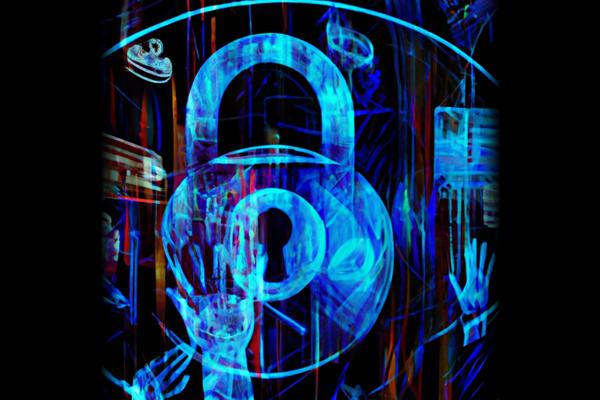Security researchers have noted a significant increase in cyber activity targeting the upcoming Indian general election [1] [2], driven by hacktivist groups [1] [2].
Description
This surge in cyber activity [1] [2], associated with the #OpIndia and #OpIsrael campaigns [1] [2], has resulted in the exposure of personal identifiable information (PII) of Indian citizens on the dark web [1] [2]. Following these campaigns, cyber-attacks have escalated by 300%. The Resecurity advisory underscores the critical importance of secure elections to uphold global democratic stability amidst geopolitical uncertainties. Cyber-attacks on elections [1], including those in India, are on the rise [1], with stolen data such as AADHAAR and PAN details being exploited by cybercriminals to erode trust in India’s electoral systems. Authorities in India have been informed about leaked voter ID cards and other sensitive information, underscoring the necessity of robust digital identity protection measures for citizens. It is imperative for Indian citizens to exercise caution when dealing with unreliable sources and to implement strong digital identity protection measures.
Conclusion
The leakage of personal identifiable information poses serious risks to the integrity of the upcoming Indian general election. To mitigate these risks, it is crucial for authorities to enhance digital identity protection measures and for citizens to remain vigilant against cyber threats. The increasing frequency of cyber-attacks targeting elections underscores the need for continuous efforts to safeguard democratic processes in the face of evolving cybersecurity challenges.
References
[1] https://ciso2ciso.com/indian-election-faces-cyber-attacks-data-leaks-on-dark-web-source-www-infosecurity-magazine-com/
[2] https://www.infosecurity-magazine.com/news/indian-election-faces-data-leaks/





